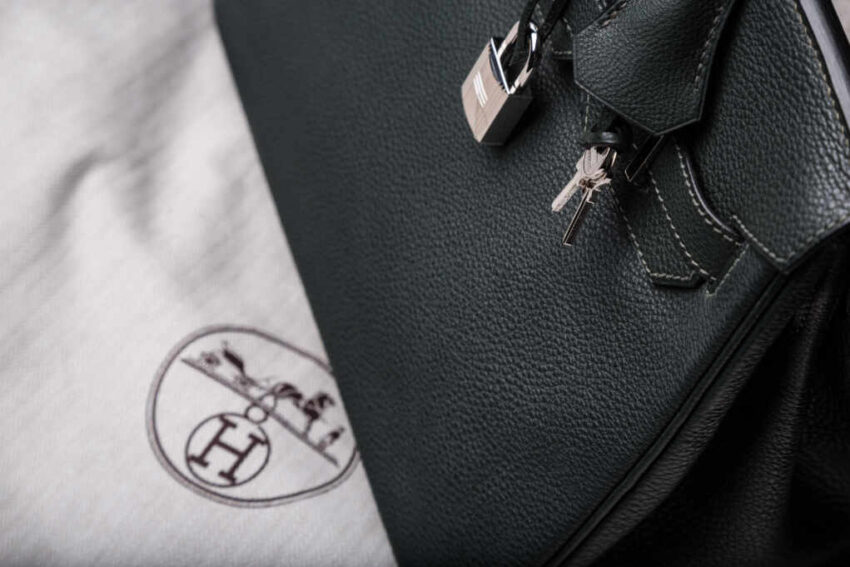Elite counterfeiters and fraudsters are exploiting the extreme scarcity and status of Hermès Birkin bags—worth up to £60,000—with schemes involving rentals, knock-offs, theft, and elaborate black‑market sales.
At a Glance
- A con artist in Cheshire scammed wealthy acquaintances over fake Birkin resale schemes.
- Retailers report a surge in counterfeit requests and handbag thefts.
- A burglary gang stole £260,000 worth of designer bags from a boutique.
- Robbed Birkins resurface on the black market and resale sites.
- Police investigations reveal coordinated criminal networks targeting high‑end bags.
Fraud, Fakes, and Rentals Flood the Market
A high-profile court case in Cheshire revealed that conman Jack Watkin lured wealthy clients into a fake Hermès Birkin resale scheme, collecting hundreds of thousands of pounds before being exposed. As reported by The Times, Watkin pleaded guilty to multiple fraud charges, and victims included professionals, retirees, and boutique investors.
Simultaneously, retailers like Love Luxury have noted a spike in demand for “super-fake” Birkins—counterfeits so detailed they often evade basic authentication. According to another Times report, some clients are even renting authentic bags for one-time use at social events, driven by pressure to perform elite wealth aesthetics.
Watch a report: How the Birkin Became Criminal Currency
From Burglary to Resale Pipeline
Authorities also uncovered a robbery network in Cheshire that tunneled into luxury boutique Dress Cheshire, stealing over £260,000 in high-end bags—including multiple Birkins. The Times reports these stolen items were laundered through secondary platforms and illicit brokers, many reappearing online within days.
Los Angeles authorities report similar trends: gangs steal Birkins and resell them through global platforms, with resale prices often undercutting retail. According to the Los Angeles Times, criminal groups see Birkins as liquid assets—convertible into cash or crypto almost instantly.
Brand Scarcity Breeds Crime
Hermès tightly controls Birkin distribution, offering bags only to pre-vetted clients with long spending histories. A Wikipedia entry notes that this manufactured scarcity drives secondary market hysteria, where crocodile-skin Birkins can demand more than £60,000.
This has fueled underground economies, where rented, stolen, or fake Birkins circulate in elite communities desperate to maintain appearances. As The Times details, regions like Alderley Edge have become flashpoints for luxury-targeted fraud, showing how the line between fashion and crime continues to blur.
What’s at Stake
The Birkin craze has become a case study in how luxury culture enables organized crime. Without verifiable provenance, counterfeit and stolen Birkins remain indistinguishable from the real thing, leaving consumers, retailers, and investigators in the dark.
Unless transparency becomes standard, black-market trafficking of high-status goods like the Birkin will escalate—turning symbols of wealth into vehicles of deception and theft.
Click this link for the original source of this article.
Author: Editor
This content is courtesy of, and owned and copyrighted by, https://thecongressionalinsider.com and its author. This content is made available by use of the public RSS feed offered by the host site and is used for educational purposes only. If you are the author or represent the host site and would like this content removed now and in the future, please contact USSANews.com using the email address in the Contact page found in the website menu.








